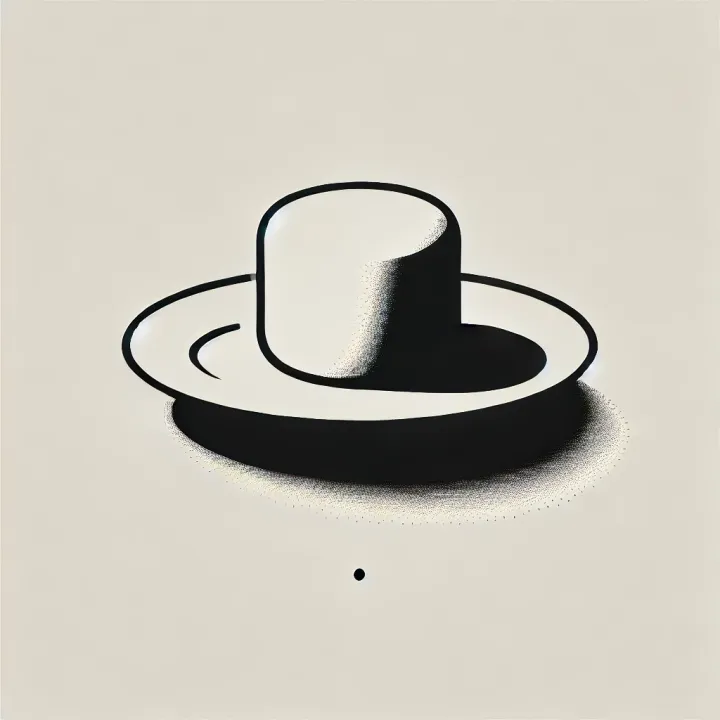Why you Shouldn't Read My Book

An Idea Came around
I vividly recall the pivotal moment the idea of writing took root within me. It was during a grueling 10-mile race, where every step felt like a struggle against my own limitations. Mile after mile, my body begged for respite, yet my mind was resolute—I refused to yield.
Around mile 7 or 8, a surreal clarity enveloped me, as if I were observing my life from a detached perspective. In that moment, I keenly felt the weight of my past struggles and triumphs, mingling with the liberating exhaustion of the present challenge. It was as though the strength I had harbored within, untapped and unspoken for years, propelled me forward. If I could endure everything life had thrown my way, I could finish this race.
In my upbringing, silence was a virtue. The mantra of "ignorance is bliss" prevailed, and I internalized my emotions, unspoken and unaddressed. While my body was breaking down all in my body the emotions in my body were coming up. With tears running down my face and emotions surfacing, I realised the power of expression—I wanted to articulate all that had remained unspoken, to shed light on the shadows of my past.
Time to Quit
Life took a drastic turn, leading me to quit my job and embarking on a journey of self-discovery through writing and teaching yoga in Europe. Amidst the chaos of the unknowns, of what was going to happen after I finished this journey, writing became my anchor.
I poured myself into my writing, often secluding myself for days, letting the words flow uninhibited. It was a therapeutic unravelling of decades worth of pent-up emotions, a catharsis unlike any other. Although I lacked formal training as a writer, the need to express overpowered any doubt or inhibition.
This book isn’t perfect—far from it. I paid editors to edit the book, I shared the book with publishers, and received the same feedback. It lacks character development, structure, and polish. Yet, its imperfections mirrored my own journey—a raw and unfiltered narrative of personal growth and struggle.
To Self-Publish was to Self -Release
While writing the book, I gained awareness. Writing allowed me to help make sense of why things happened and I accepted why. Originally I wrote the book to help the next generation, I quickly realized, it was to help my own journey. In the back of my mind, although I was able to release it, I wondered if I put this book out in the the world, if anyone else felt the same I did. So I self-published, it not only helped me to release my emotions, it gave me hope that I was helping someone too, helping someone else understand their journey.
The reception was underwhelming, but amidst the disappointment, releasing the book wasn't just about literary acclaim—it was my journey, imperfect yet authentic.
Embracing Imperfection
This book, flawed as it may be, is a testament to my willingness to embrace imperfection. It's a part of me—a piece left behind, a Horcrux of sorts, carrying my experiences and emotions. It taught me that perfection is overrated, and authenticity is far more liberating.
So, despite the setbacks and critiques, I choose to let this piece of me stand—a reminder that growth comes from embracing imperfections and sharing our unfiltered truths with the world. To me it not publishing would have meant that I was ashamed of the book. It would have meant that I was ashamed of my life, and I should be proud of it. This book allowed me to let go, and move on.


